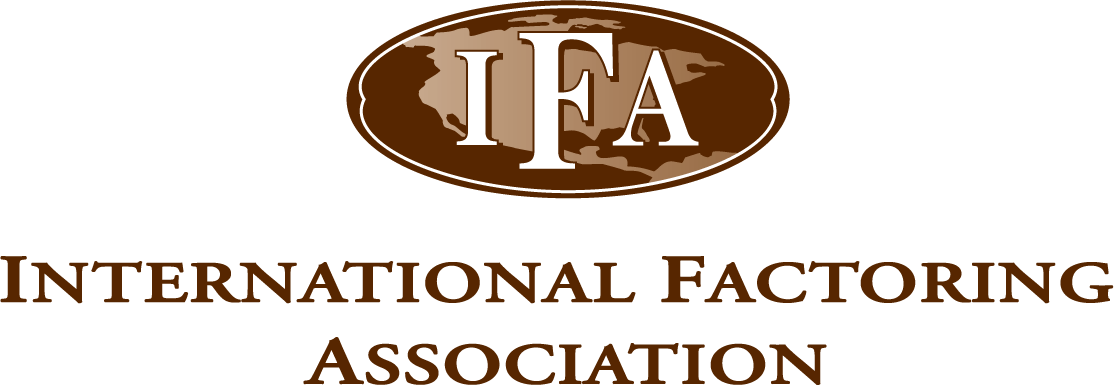How to Become Bankable Again
Creating Growth Opportunities with Alternative Finance

No two businesses function in the same way.
This simple fact can make it difficult for traditional financers to fund the growth of novel, niche, or struggling businesses. Most business leaders who have worked in the SME space are acutely aware of this hurdle. Unfortunately, traditional finance institutions do not have the capacity to conduct a deep dive and analyze the true value of a business, often due to the scale of the financer’s accumulative facility size.
One of the ruinous ramifications of this is that many business owners feel as though they’ve reached the end of the road when they get turned away by traditional financiers. The good news – and news EBF would like to broadcast to all SMEs – is that traditional finance is not the end of the road. In fact, alternative finance is the beginning of a whole new adventure!
In this article, Gareth Bird, Chief Growth Officer at EBF assesses the environments in which “unbankable” businesses find themselves and how stakeholders can leverage alternative finance to grow their business.
What does an “unbankable” business look like?
According to Bird, there are several reasons why traditional lenders may not be attracted to a business. These include:
- High-Risk Profile: Traditional lenders prefer businesses with a stable and predictable cash flow, well-established operations, and low risk of default. If a business operates in a highly volatile or uncertain industry, it may be considered unbankable due to the increased risk profile the business presents. Alternative financiers have the means to adequately assess the true risk profile of a business and, therefore, make informed lending decisions.
- Insufficient Collateral: Banks often require collateral to secure loans, especially for larger amounts. If a business lacks sufficient valuable, liquidable assets to offer as collateral, it may struggle to secure financing. Creative alternative finance solutions make it possible to secure finance in ways that traditional lenders cannot, thus nullifying this hurdle.
- Lack of Credit History: New businesses (or those with a limited credit history) may find it challenging to obtain bank loans. Banks and other traditional lenders rely on credit history to assess creditworthiness. Without a positive credit track record, a business may appear higher risk. Alternative finance institutions make considerations beyond credit history, making finance accessible to the most novel businesses.
- Poor Financial Performance: Businesses experiencing financial difficulties, negative cash flow, or consistent losses are likely to be considered unbankable. Banks want to lend to profitable businesses that can repay their loans. At Express Business Funding, however, we understand that many struggling businesses just need a helping hand to return to profitability.
- High Debt-to-Equity Ratio: A business with excessive debt in comparison to its equity is seen as highly leveraged and, thus, riskier for banks to lend to. Alternative Finance assesses liquidity of all kinds. One should keep in mind, however, that ethical alternative financers will assess the potentially damaging effects of further debt before engaging a business to ensure that they do not become over-indebted.
- Innovative or Unproven Business Model: Businesses operating in emerging or unconventional industries may face challenges in securing bank financing due to a lack of understanding or apprehension about the business’s potential success. Because alternative finance institutions are able to take the time to gain an understanding of the potential success of a business, new concepts are more likely to be provided with the capital they require to grow.
The solutions available to you – Invoice Factoring
Invoice Factoring, also known as Receivables Financing, is a method of finance whereby a business sells its accounts receivables to a financer. The financer releases a portion of the receivables to the business upfront, and the remainder of the receivables’ value upon receipt of payment (minus financer fees).
This allows a business to secure cash flow based on its tangible value, rather than on projected value or by owned assets securities.
“By leveraging invoice factoring, a business can improve its cash flow, address short-term financial challenges, and demonstrate financial stability, which can make it more attractive to traditional banks in the future. As the business strengthens its financial position and creditworthiness through successful invoice factoring transactions, it becomes more likely to regain the confidence of banks and other traditional lenders, ultimately making it bankable again,” says Bird.
The solutions available to you – Asset-based Lending
Asset-based Lending allows businesses to leverage owned assets to unlock access to capital. These assets can include stock, equipment, machinery, vehicles, and property
“Asset-based lending helps companies unlock the value of their tangible assets, providing them with the liquidity needed to address financial challenges, support growth, and demonstrate financial stability. As the company improves its financial situation and creditworthiness through responsible use of asset-based financing, it becomes more attractive to traditional banks and other lenders, enhancing its bankability in the long run,” says Bird.
In conclusion
“Both Asset-based Lending and Invoice Factoring can be valuable financing tools for Canadian businesses, especially those in situations where traditional bank loans may be challenging to obtain. These alternative financing options provide more flexibility and look beyond the traditional credit metrics, enabling businesses to access capital based on the value of their tangible assets or outstanding invoices.
Both options are viable for businesses of any scale. The beauty of both is that they’re incredibly flexible and allow you to design a scaled solution that meets your exact needs. They can be leveraged individually or in conjunction with one another.
These financing tools play a crucial role in supporting the growth and stability of Canadian businesses, contributing to the overall health of the economy and promoting entrepreneurship. That said, it’s essential for businesses to carefully evaluate their options and partner with reputable alternative financiers that have their client’s success in mind,” concludes Bird.
If you would like to know more about the financing options discussed above or if you would like to chat with Gareth directly, get in touch with us here.


